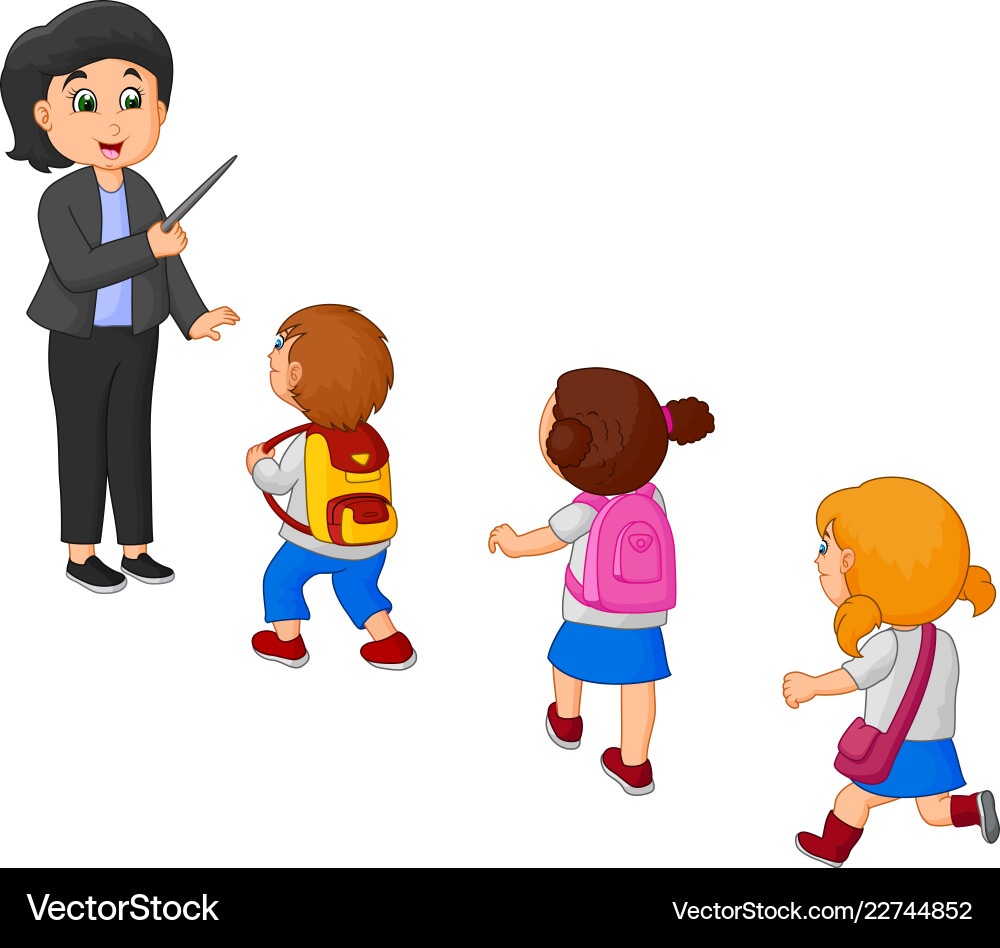Photo AI
Last Updated Sep 27, 2025
Vygotsky's Theory Simplified Revision Notes for A-Level Edexcel Psychology
Revision notes with simplified explanations to understand Vygotsky's Theory quickly and effectively.
403+ students studying
11.2.1 Vygotsky's Theory
Vygotsky's theory of social cognition
Children need extra guidance, can't just learn by doing, and need an adult to help them out of the zone of proximal development
Child = learner
Adult = teacher
Vygotsky argues that learning is a social process where children acquire new knowledge and more advanced reasoning skills from more advanced individuals who are considered experts

Vygotsky proposed the concept of proximal development. In this zone learning takes place
Zone of proximal development:
The difference between what a child can do independently and what they require help to do
The way children move from a zone of proximal development, learners can receive help from more advanced individuals through the process of scaffolding
Teachers can use scaffolding to help learners move from a zone of proximal development, towards being able to complete tasks independently
Scaffolding:
When a teacher provides a framework that will allow the child to work towards being able to complete a task independently. (tool for growth)
The structure of intellect:
Elementary mental functions:
Innate capabilities such as reflexes
Higher mental functions:
More complex processes such as decision-making and problem-solving
Key factors in cognitive development according to Vygotsky:
Language:
- Learn from a caregiver and is used to communicate.
- The child demonstrates inner speech, only using external speech to communicate
- The child then demonstrates self-talk, allowing them to regulate their behaviour
Social interaction:
For children to progress, they need interaction with an adult to guide them through their learning. This will help the child progress from needing lots of help to independently working
Culture:
Children are seen as benefitting from the knowledge of previous generations which they gain through interactions with caregivers. This means cultural attitudes and beliefs are passed from one generation to the next
Evaluation:
(1)
P: Some critics argue that Vygotsky's theory overemphasizes the role of social factors in cognitive development.
E: While social interaction is important, cognitive development is also influenced by biological and individual factors that Vygotsky's theory may underplay.
E: For instance, Piaget's theory, which focuses more on individual cognitive processes, offers a different perspective on how children develop reasoning skills.
(2)
P: Vygotsky's theory has broader implications beyond education.
E: His ideas on the influence of culture and social interaction have been applied to areas such as workplace learning and community development.
E: This broad applicability highlights the versatility and relevance of Vygotsky's concepts in various contexts.
(3)
P: Vygotsky's theory was developed within a collectivist culture.
E: As a result, it may only be suited to collectivist cultures as they value social interaction and not individualistic cultures
E: Therefore, Vygotsky's theory may not be generalisable to other cultures
Comparison:
Unlike Piaget, Vygotsky can explain the influence of the social environment on cognition and development
500K+ Students Use These Powerful Tools to Master Vygotsky's Theory For their A-Level Exams.
Enhance your understanding with flashcards, quizzes, and exams—designed to help you grasp key concepts, reinforce learning, and master any topic with confidence!
10 flashcards
Flashcards on Vygotsky's Theory
Revise key concepts with interactive flashcards.
Try Psychology Flashcards1 quizzes
Quizzes on Vygotsky's Theory
Test your knowledge with fun and engaging quizzes.
Try Psychology Quizzes29 questions
Exam questions on Vygotsky's Theory
Boost your confidence with real exam questions.
Try Psychology Questions27 exams created
Exam Builder on Vygotsky's Theory
Create custom exams across topics for better practice!
Try Psychology exam builder18 papers
Past Papers on Vygotsky's Theory
Practice past papers to reinforce exam experience.
Try Psychology Past PapersOther Revision Notes related to Vygotsky's Theory you should explore
Discover More Revision Notes Related to Vygotsky's Theory to Deepen Your Understanding and Improve Your Mastery
Load more notes